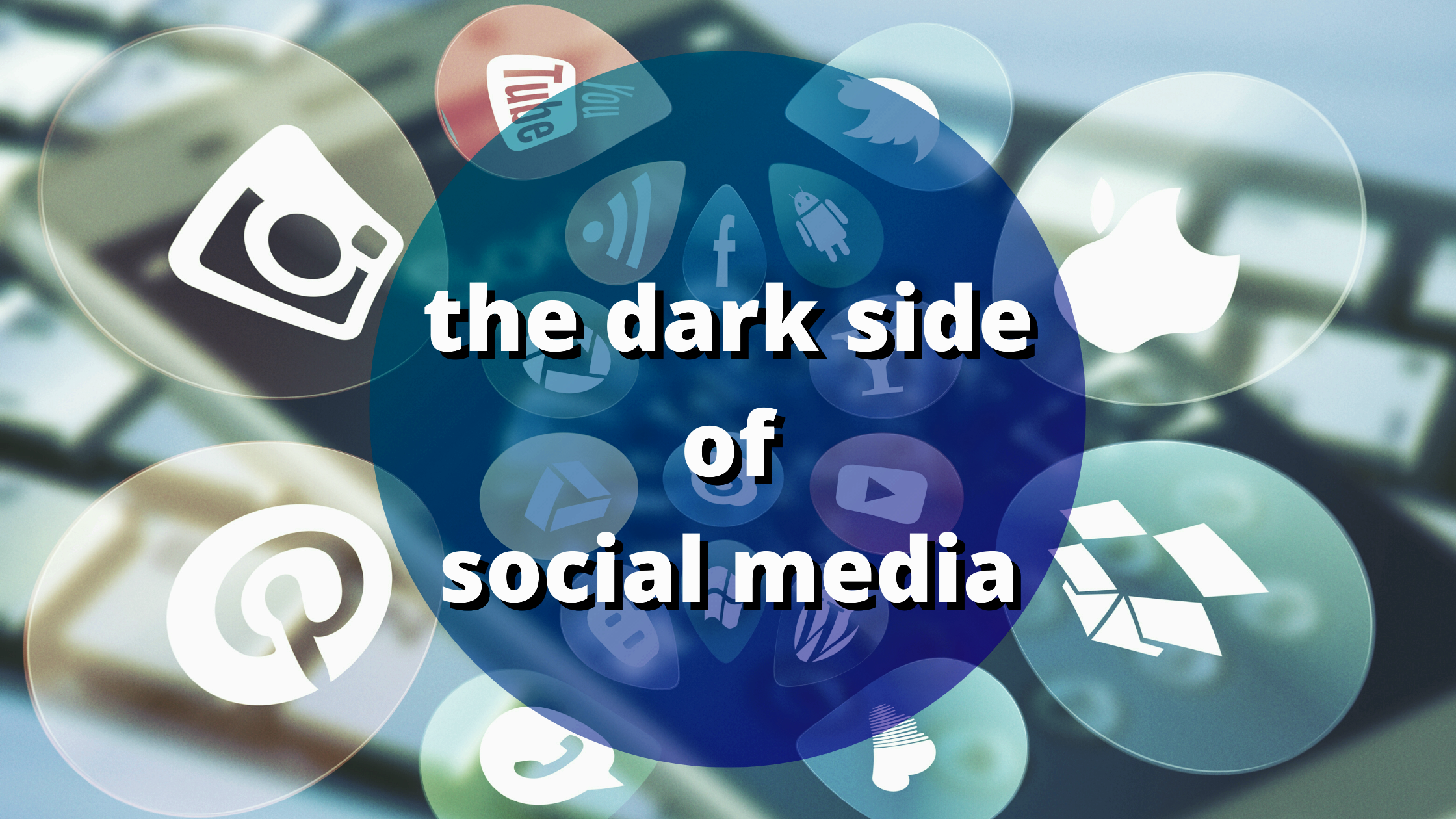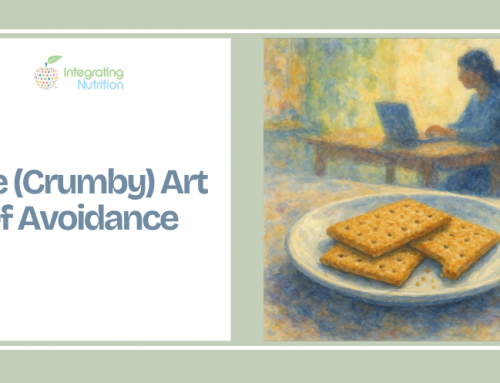It is hard to overstate the influence that social media has had on us, as individuals as well as as a culture. The effects of social media is so much part of the fabric of our world that we don’t even notice it. It defines tastes, sways politics, launches trends and influences how each of us sees ourselves. You can make the argument that social media’s impact on those first three elements has some significant downsides, but our focus is on the last one: how we as individuals see ourselves.
Unless you’ve been living under a rock plagued by insufficient internet service, you are probably aware that social media has a powerful, coercive effect on people; the more exposure to certain types of media posts, the more profound its effect. For one thing, this dynamic is especially true among teens and young women, who spend about an average of three full hours a day consuming social media. The situation is particularly worrisome when it comes to the vast amount of diet culture talk shared through the social media landscape. Online, unrealistic beauty standards are accepted and promoted without question, and harsh body shaming runs rampant. And despite a growing movement pushing for the acceptance of all bodies and body types, these ingrained and largely unattainable beauty expectations go largely unchallenged in any socially significant way. That these prejudices are not being pushed back against is even more remarkable given our current cultural climate in which people– on both the left and the right–can be shut down (also known as canceled) over unpopular speech and outdated intolerances. It is pretty ironic that people are not being called out for perpetrating damaging and cruel body image attacks, let alone promoting that mindset.
In fact, the gravitational pull of social media continues to lead people to develop or even exacerbate feelings of negative body image and eating disorders. In addition to the well-established body image hazards presented by Instagram and Facebook, the popular and controversial app TikTok has emerged as particularly pernicious in this regard. Earlier this summer, it appeared that the app’s algorithm was actively promoting dangerous restricted eating with its trending “What I Eat in a Day” hashtag, a trend that saw participants posting images of the small amounts of what they were allowing themselves to eat on a given day. Many people struggling with anorexia found themselves triggered and their health threatened by these worrisome trends.
Aside from those very conspicuous elements in social media that are actively promoting diet culture, I’d argue that the most significant effect seems subtler but has a massive impact; and that stems from the passive–yet constant–exposure to social media. Our sense of who we are is not formed in a vacuum, it is heavily influenced by our relationship with the environment around us. We define ourselves based on what we tell ourselves about ourselves, and what we tell ourselves is heavily determined by cultural context. A couple of months ago, we were discussing the importance of the guiding “inner voice” that each of us has. Amidst nothing less than an ongoing drumbeat of diet culture and body shaming messages from the social media juggernaut, it is no wonder that, as we begin to gauge our own value from the skewed perspectives of platforms such as Instagram, Facebook, and TikTok, our own interior voices can become drowned out. In the face of this non-stop torrent of prevailing cultural prejudices, it is understandably difficult for many people to remember their strengths, their beauty, what makes their body–no matter its size or shape–the gift from G-d and the Universe that it truly is. Goaded by social media to remain focused on physical flaws it is too easy to keep awareness stuck in negativity.
President Teddy Roosevelt once said “comparison is the thief of joy,” meaning that too much focus on the positive things other people seem to have can distract us from appreciating the positive things we have. An unintended consequence of social media is to provoke such comparisons. As detrimental as social media can be, it is pretty impractical to expect people to avoid all types of social media that may trigger negative responses, but perhaps alert consumers of Facebook, TikTok et al. can focus on material that does not address weight, body shape, or restrictive dieting.
I mean, cat videos can be fun to watch too!





